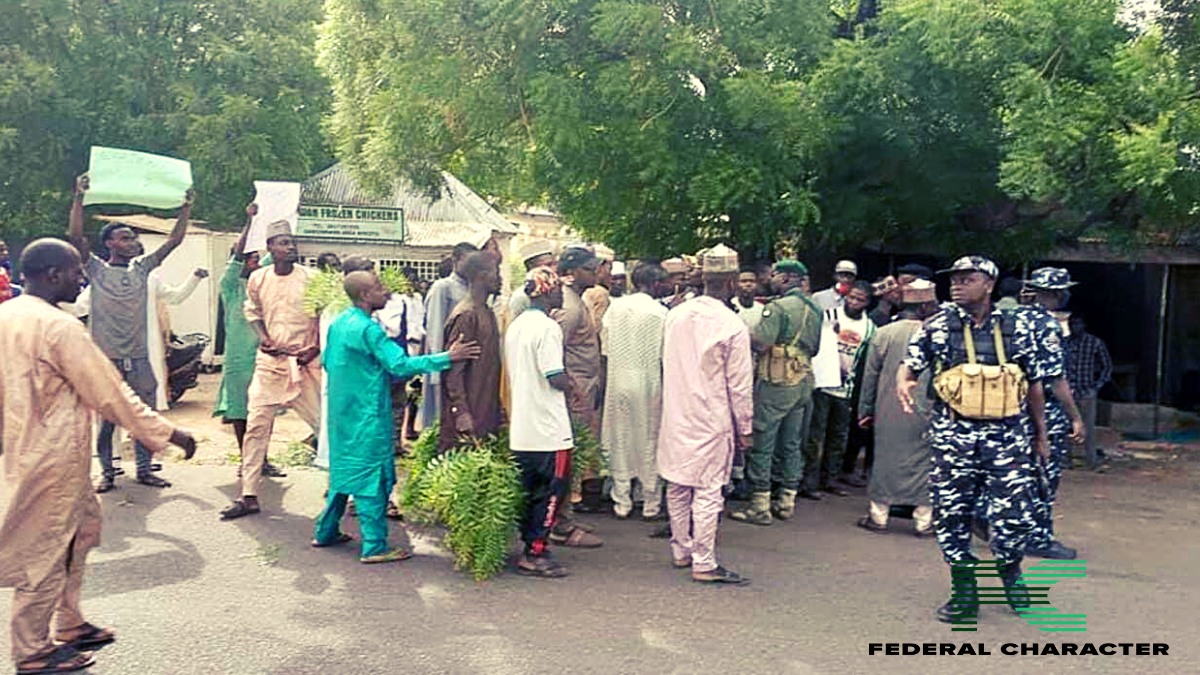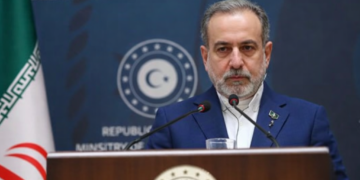The Christian Association of Nigeria (CAN) has strongly condemned the horrific killing of Usman Buda, a butcher, who allegedly made blasphemous comments, by religious extremists in Sokoto State. CAN President, Daniel Okoh, expressed his condolences to the bereaved family and friends in a statement released today.
According to reports, Usman Buda was brutally murdered due to alleged blasphemous remarks. CAN firmly upholds the principles of religious freedom and peaceful expression of beliefs. The organization unequivocally denounces all forms of violence or acts of vigilantism committed in the name of religion.
“This tragic incident underscores the urgent need for increased efforts to foster religious tolerance, peace, and unity in our diverse society. CAN will continue to advocate for the protection of all citizens’ rights, regardless of their religious affiliations.
We urge religious leaders and followers to promote interfaith dialogue and peaceful coexistence for a harmonious Nigeria. Our thoughts and prayers are with the family of Usman Buda during this difficult time.”
The killing of Usman Buda has also garnered the attention of Amnesty International, who released a statement on June 26 condemning the incident. The human rights organization called on all levels of government to ensure that those responsible for this gruesome killing face justice.
“Amnesty International strongly condemns the killing of Usman Buda today at a market in Sokoto over alleged blasphemy. Nigerian authorities must immediately investigate this horrifying incident and ensure that those suspected of being responsible are brought to justice,” read the statement.
Amnesty International highlighted the alarming rate at which individuals are being killed on accusations of blasphemy, emphasizing the urgent need for authorities to uphold human rights.
The Nigerian government’s silence on the matter has further fueled the controversy. The lack of official statements from both the Sokoto State government and the presidency has raised concerns about the government’s commitment to protecting its citizens and enforcing justice.
Critics question the government’s priorities, noting that while they have been vocal on other national issues, their silence on this incident reveals a significant flaw in their governance. The absence of a clear response from the government leaves many uncertain about the prevention of similar incidents in the future.
Highlighting past incidents, such as the killing of Deborah Samuel in Sokoto State, where justice was not served, critics doubt whether the perpetrators of Usman Buda’s killing will face appropriate consequences. The failure to hold individuals accountable in the past raises concerns about the effectiveness of the justice system and the protection of citizens’ lives.
In the midst of this controversy, the tragic loss of Usman Buda remains a devastating event, leaving his family and friends to mourn. The differing opinions surrounding the government’s silence serve as a reminder of the complex religious and political landscape in Nigeria, where tensions and divisions continue to persist.














